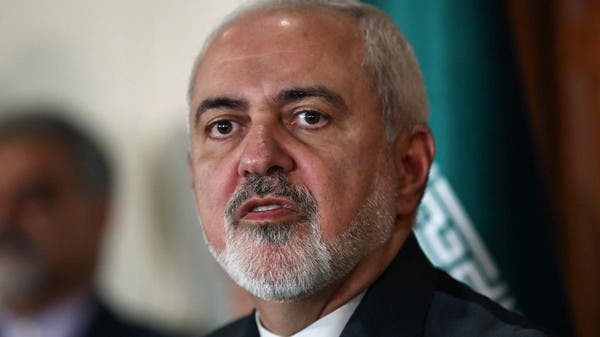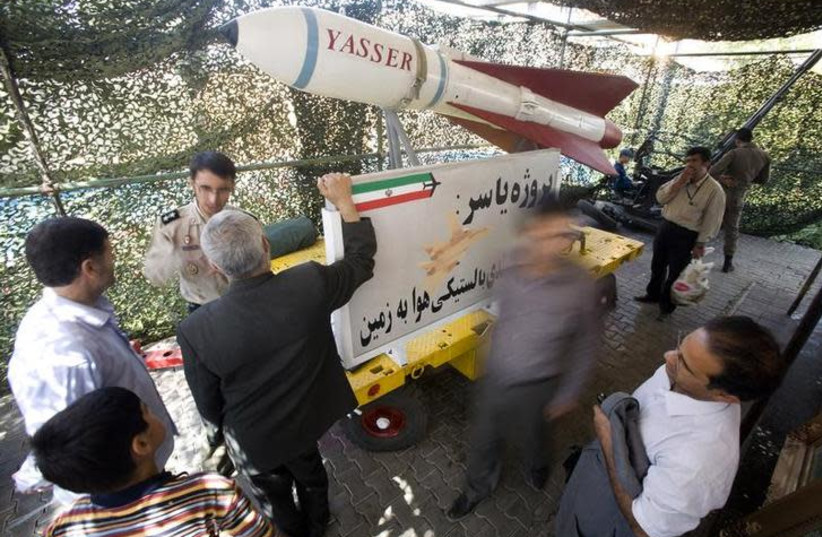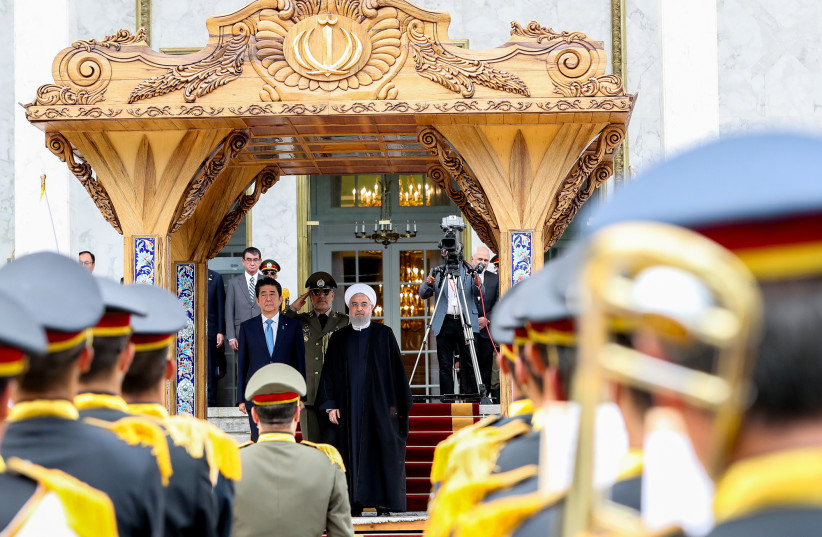US is worried about an Iranian attack in Iraq
The US is cautiously revealing the extent of Iranian threats in Iraq. Over the last week, a series of statements by US officials have indicated the depth of concern in Washington and Baghdad about Iran exploiting tensions in Iraq to fire at US troops. The US withdrew some diplomatic staff earlier this year due to tensions with Iran, but there are thousands of US personnel in Iraq, most of them involved in the anti-ISIS campaign as part of Operation Inherent Resolve.
Since May, when US-Iran tensions rose and the US warned of Iranian attacks and threatened to retaliate, bases in Iraq where US forces are located have come under attack. At first, it began with a rocket fired near the Green Zone in
Baghdad. Then those attacks appeared to increase. A full picture now emerges. Rocket launchers allegedly aimed at Camp Taji were found in May. US President
Donald Trump spoke to US troops in Al-Asad base in December 2018. Vice President Mike Pence came to Iraq for Thanksgiving in November.
Between those dates Iranian-backed militias, perhaps with guidance directly from Tehran, fired rockets at the Green Zone where the US Embassy is, at Balad Air Base, Camp Taji, and Q-West Air Base, as well as Asad. At least 11 incidents have now been recorded. The reality may be that there are many more, or attempted attacks.
Here is what we know. The first attacks were in May, around the time that National Security Advisor John Bolton and US Secretary of State Mike Pompeo were warning about Iran’s aggression. Then came Iran’s attacks in the Gulf against oil tankers and the downing of the US drone in June. In Iraq, two attacks were recorded in June at Balad and Taji. This was just two days before the drone was downed. This is how Iran sends its message that it can strike where it wants – on land, near the bases in Iraq, at sea against tankers on June 13, and in the air on June 19.
There was a lull in attacks over the summer and then they began again in September. The context of the attacks was likely the Iraqi government’s assertion that Israel had carried out airstrikes in Iraq targeting Iraqi-based Shi’ite militias. These militias are led by men like Hadi al-Amiri and Abu Mahdi al-Muhandis, who said they would hold the US responsible for attacks on their bases.
Amiri is head of the Fatah Alliance party, but his Badr Organization is key to the Popular Mobilization Units, a group of Shi’ite paramilitaries. The PMU statement on August 20 blamed the US and Israel for the attacks. In October an attack targeted Taji and then another in November targeted Q-West air base south of Mosul and the Green Zone. December has gotten even worse, with attacks on December 3, 5, 9 and 11.
US officials began to hint on December 5 that they were increasingly alarmed by the rise in attacks. On December 6, David Schenker, assistant secretary of state for Near Eastern Affairs, said that the US was waiting for full evidence, but that there was a good chance Iran was behind it. “The Iranians often times, or have certainly in the past, taken aggressive action when they feel under pressure,” he said.
CNN said on December 9 that the US military strongly believes that Iranian-backed groups in Iraq were responsible for the attacks. “There have been nine rocket attacks on or in the vicinity of Iraqi facilities that host US troops in the last five weeks,” CNN reported.
Then on December 11, a US official was quoted by Reuters saying that “the level of complexity is increasing.” The volume of rockets being shot in a single volley was also increasing. “We’re used to harassing fire,” the official said. But it was getting worse. “There is a point at which their actions change things on the ground and make it more likely that some other actions, some other choices made…will escalate unintentionally,” the official said.
The US military and State Department are both careful with their statements. In fact, the State Department comments highlighting the attacks appear to have been made while the Pentagon felt it was better to be more tight-lipped. They know that for two months Iraq has had huge protests, and that the prime minister has resigned. The US also sanctioned Iraqi militia leader Qais al-Khazali on December 6. Khazali had been a major figure in attacks on the US in 2007 and was detained at Camp Cropper until 2009. He threatened to attack protesters on December 12 and has mocked the US sanctions.

















